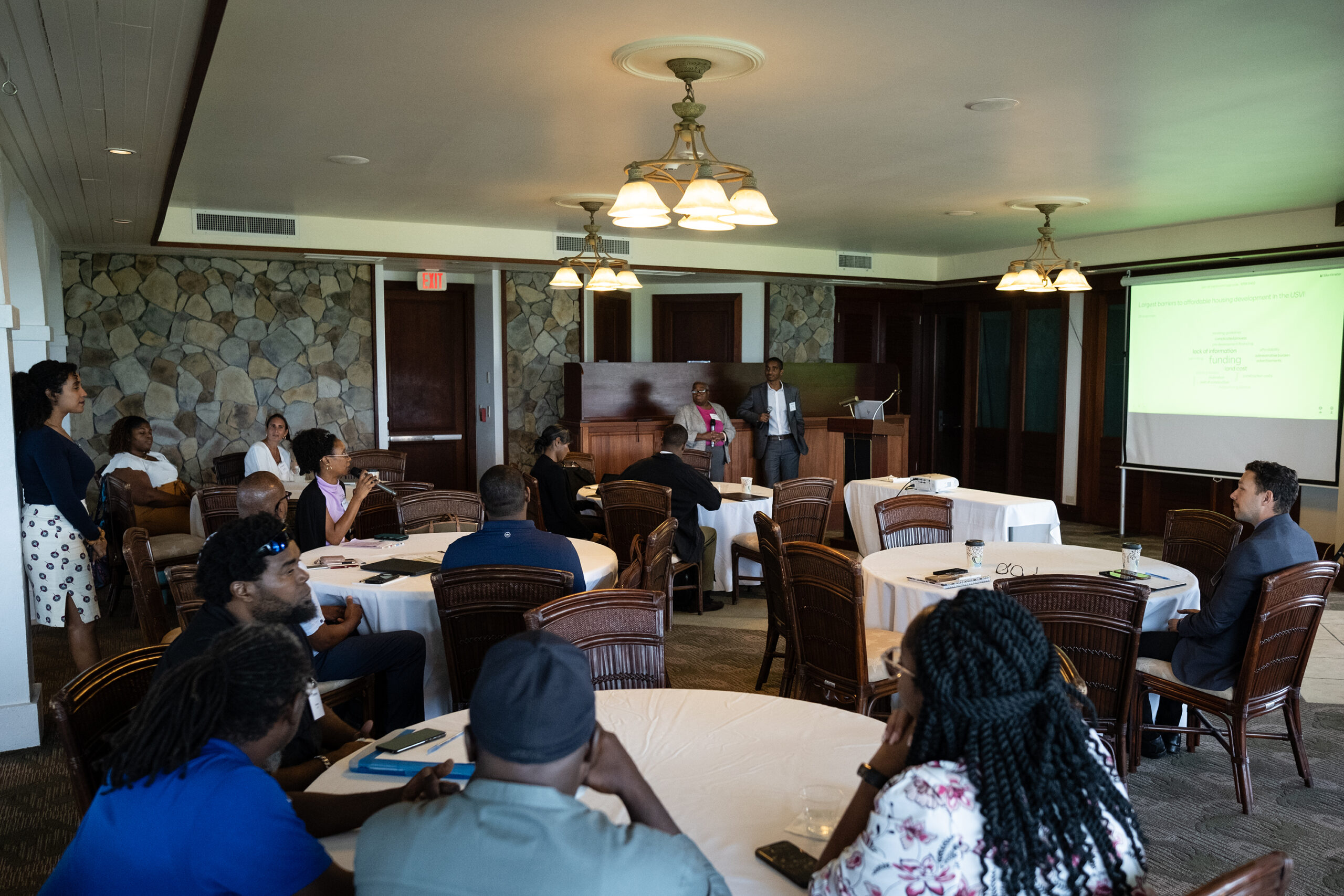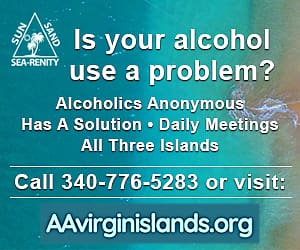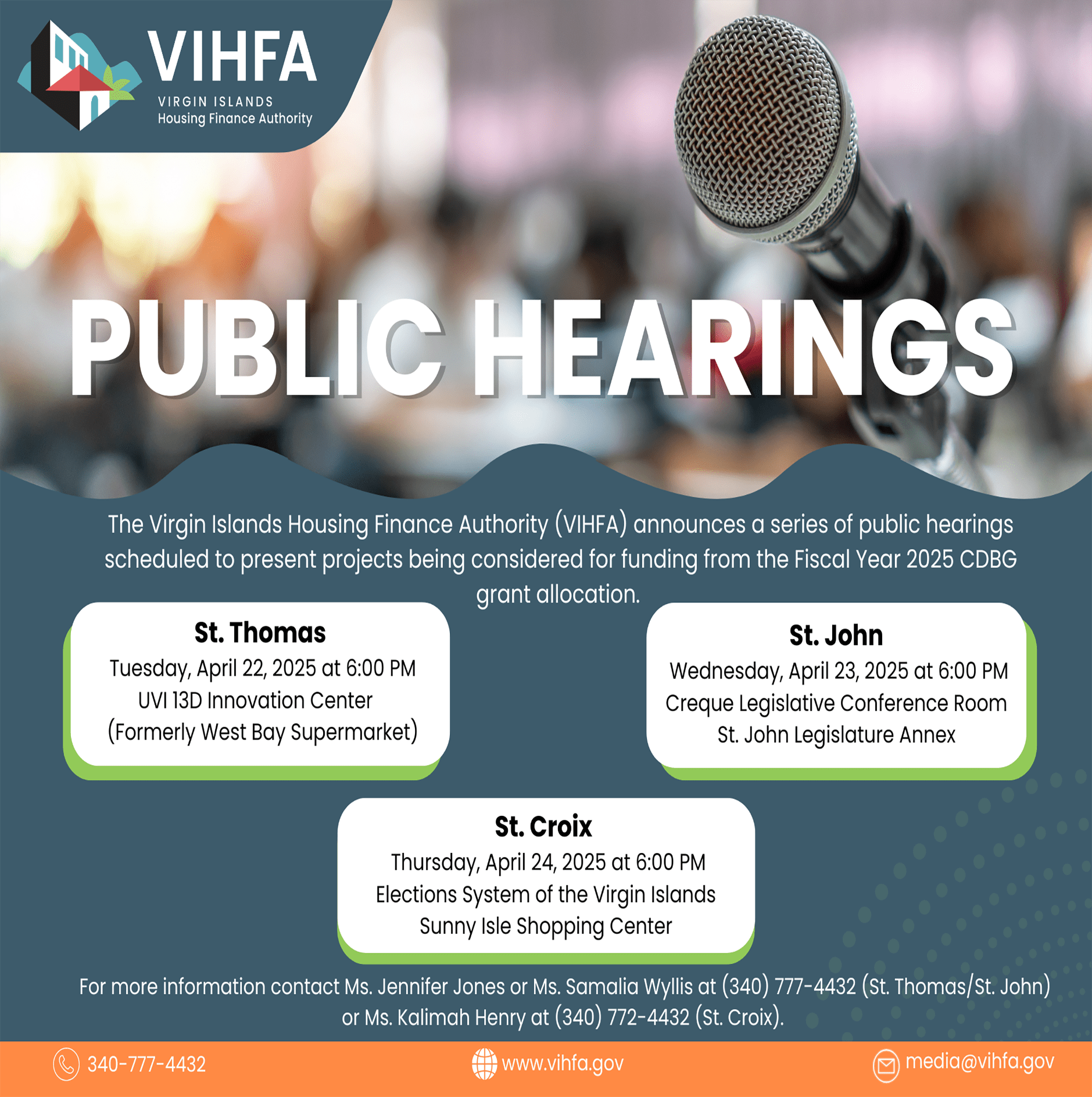
A pause on federal grants and loans described in a federal Management and Budget Office memo issued Monday sent local government agencies and nonprofits panicking to determine the full impact of the funding freeze. A federal judge blocked the order late Tuesday. Then, Wednesday, the administration rescinded the memo.
Muddying the waters, White House press secretary Karoline Leavitt wrote on the social media website X — formerly Twitter — Wednesday afternoon that pulling the memo “is NOT a rescission of the federal funding freeze.”
“It is simply a rescission of the OMB memo. Why? To end any confusion created by the court’s injunction,” she wrote, adding that President Donald Trump’s executive orders regarding federal funding “remain in full force and effect, and will be rigorously implemented.”
Uncertainty and anxiety over the state of federal funding came up several times in a conference room at the Buccaneer Resort Wednesday during a “Housing Our Community” workshop and networking event hosted by the nonprofit Enterprise Community Partners. Asked to describe the largest barriers to affordable housing development in the territory, a handful of officials, developers, bankers, and advocates overwhelmingly said “funding.”
Other responses included construction and land costs and the complicated permitting process.
“The problem is, we don’t have a lot of the financing mechanisms that we do in the States,” said Ajani Corneiro, whose company AC Development works in both the U.S. Virgin Islands and Maryland. “You don’t have private family offices, you don’t have hard money lenders, you don’t have a lot of commercial lending institutions that openly share that they have projects meant for development, which forces us to rely on the government — which is kind of tough for them, too.”
Corneiro noted a 2019 housing market study by the U.S. Housing and Urban Development Department projected that demand for homes would increase by 800 over three years — until 2022. The demand for rental units was expected to grow by 940 over the same period.
“I doubt we hit that milestone,” he said. Accounting for the three years since then, Corneiro said the number was probably closer to 1,000 units since the time of the study. “And have we built 1,000 units? Nowhere on the island.”
Jelani Newton, senior director of Enterprise Advisors, said the need for affordable housing in the territory was evident even before the 2017 hurricanes damaged — according to HUD — more than half all houses in the U.S. Virgin Islands. Hurricanes Irma and Maria only exacerbated the problem. Enterprise’s USVI Housing Ecosystem Development Grants program has worked to fill the gap by offering $100,000 grants — funded by the Federal Home Loan Bank of New York — to local housing and community development organizations since 2023.
Grantees include the St. Croix Foundation for Community Development, WMWilliams and Partners, Adrian Realty, Love City Strong, AC Development, Our Town Frederiksted, and the 340 Integrated Project Team. Newton said conservations with local stakeholders and partners informed how the program was structured “to focus on not just one section of the ecosystem, but the whole ecosystem.” Just building houses, he said, doesn’t solve the territory’s affordable housing problem if nobody can afford to buy them.
“Or people don’t know how to apply for a mortgage or can’t get a mortgage. We need to make sure we’re supporting homeowners as well as developers,” he said. Newton said the nonprofit also hears about the challenge of keeping the government involved in 10-, 15- or even 30-year investments into affordable housing development. “Politically, governments can tend to turn over.”
The Virgin Islands government has taken several stabs at lowering the barriers to entry of homeownership. The VI Slice program, unveiled in 2022 and administered by the Economic Development Authority, is meant to provide moderate-income families with gap financing to purchase homes. Gov. Albert Bryan Jr. said during his seventh State of the Territory address Monday that $25 million in American Rescue Plan Act funds had been allocated to the program, which has approved 39 applicants.
“These are not loans, but actual grants up to $90,000, enabling Virgin Islanders to buy, renovate and build homes,” he said. “Unlike many federal programs, this also allows for the purchase or construction of homes with rental units for extra income.”
Sixteen VI Slice applications were approved in the last year.
“We have a population of about 80,000. That’s not a good percentage,” Oran Roebuck, senior vice president and manager of Banco Popular’s Virgin Islands region, said Wednesday. “We have to get people more open to coming in, to making the first step, to having the conversation with their banker and moving forward.”
Roebuck stressed the need to begin Virgin Islanders’ financial education early to prepare people for homeownership. Understanding credit scores, how to manage a checking account, the difference between a debit card and a credit card are all things she said should be addressed at a much younger age, “and not when individuals say, ‘oh, well, I think I’d like to buy a house.’” Later, she said the territory is in for a “very challenging period” without the partnership of entities like Enterprise and the Federal Home Loan Bank.
“A big concern is — if we get the funding and if we are able to target projects, who is going to build? Do we have the workforce to support what the governor envisions with the [Super Project Management Office] and the nonprofits and small private developers? Do we really have the workforce that is going to be needed to move all of these problems?” she asked.
In a March interview with the Source, V.I. Labor Commissioner Gary Molloy said the U.S. Virgin Islands needed to import approximately 7,000 workers to complete the territory’s federally funded construction projects. Monday, Del. Stacey Plaskett said any notions of visa waivers for foreign workers wouldn’t easily be addressed by the current administration in Washington and said the territory would need to find more creative ways to engage local workers.
During the open forum portion of Wednesday’s workshop, Roebuck noted two challenges for financing institutions. One is the scarcity of areas zoned for the right kind of residential use, which she later said was more of a problem on St. Thomas.
“Any financing entity, even an equity investor — they’re not going to touch it if the government says, ‘you can’t build that here,’” she said.
Another issue, she said, is that the Virgin Islands has a culture of willing property to multiple individuals.
“If you have nine, 10 children and you will one three-bedroom home to those 10 children, it gets complicated,” she said.
The Bryan-Roach administration attempted to tackle that issue when it introduced legislation in 2023 called the Abandoned and Derelict Real Property Conservatorship Act. Under the proposed law, neglected properties that meet certain criteria could be declared abandoned by the V.I. Superior Court and placed in the care of a third-party conservator, who would then rehabilitate or tear down the property. The plan received strong pushback amid concerns of gentrification and the displacement of Virgin Islanders from their family homes, and the 35th Legislature did not move the legislation. The legislation was cursorily mentioned in Monday’s State of the Territory when Bryan called it “a first step to returning our downtowns to their former glory.”
Deanna James, president of the St. Croix Foundation for Community Development, highlighted the need to restore and retrofit existing homes and properties — as opposed to a “cookie cutter” approach that prioritizes large-scale housing developments.
“We tend to … fall into traditional, conventional models of housing development, when we — because of how small we are — have incredible opportunities to do radical things and to do it in ways that could build models for other marginalized communities,” she said.














